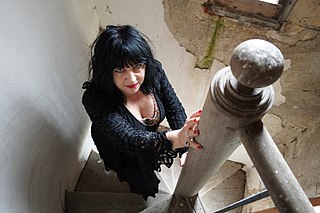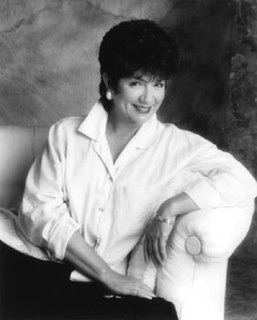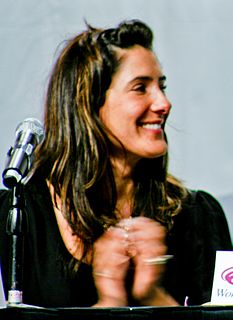A Quote by Keith Gessen
In 1939, Orwell wrote a long essay titled 'Inside the Whale,' about modernism, the nineteen-thirties, Henry Miller, and 'Tropic of Cancer.'
Related Quotes
[Henry Miller] was such a scribomaniac that even when he lived in the same house as Lawrence Durrell they often exchanged letters. For most of his life, Henry wrote literally dozens of letters a day to people he could have easily engaged in conversation - and did. The writing process, in short, was essential. As it is to all real writers, writing was life and breath to him. He put out words as a tree puts out leaves.
I wrote the book Don't Die, My Love as I was going through radiation, so it certainly has an air of authenticity about it because I was there. I think all of my books took on kind of a deeper tone when the lady who wrote about cancer all of a sudden had cancer. I'm doing well. I went through it all and they said, 'You're fine."
My father died of brain cancer in 1991. I do not know anyone whose life has not been touched by the loss of a loved one to cancer. I wrote my book 'Gracefully Gone' about my father's fight and my struggle growing up with an ill parent. I wrote it to help others know they are not alone in this all-too-often insurmountable war against cancer.
Never to have seen anything but the temperate zone is to have lived on the fringe of the world. Between the Tropic of Capricorn and the Tropic of Cancer live the majority of all the plant species, the vast majority of the insects, most of the strange ... quadrupeds, all of the great and most of the poisonous snakes and large lizards, most of the brilliantly colored sea fishes, and the strangest and most gorgeously plumaged of the birds.





































